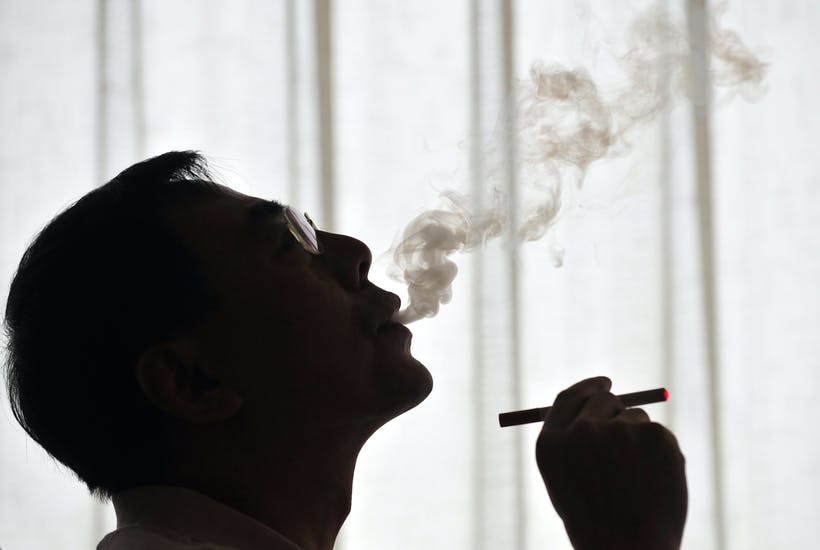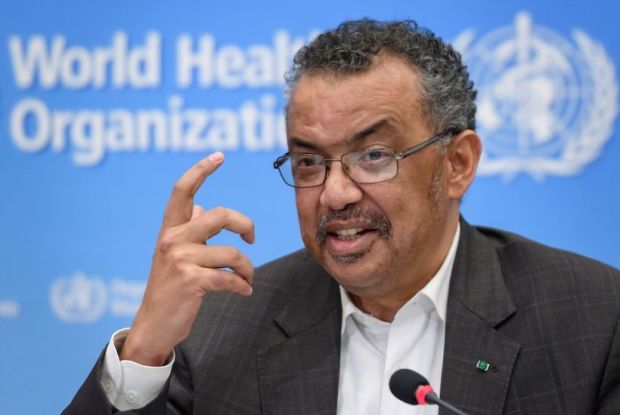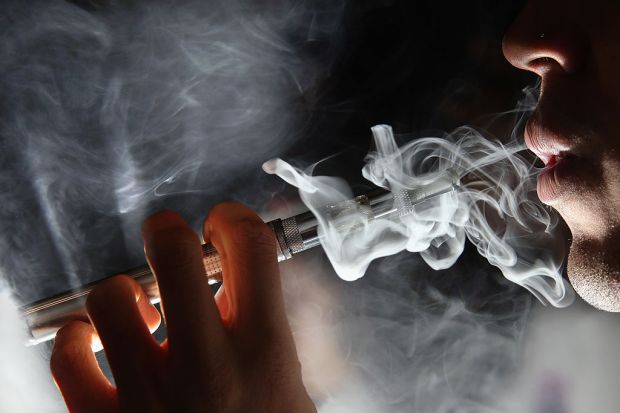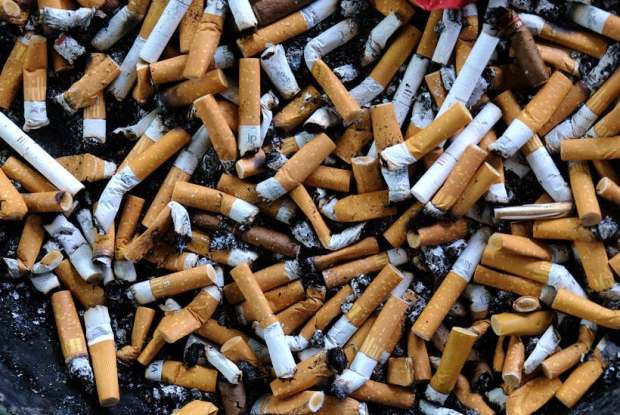Today marks “World No Tobacco Day”, a World Health Organization initiative to draw attention to the dangers of tobacco, what governments and health agencies are doing to combat it, and to encourage smokers to quit. Unfortunately for Australian smokers who are struggling to give up the smokes, there’s little to celebrate. The same government that’s bungling the Covid-19 vaccine rollout is failing in this avenue too.
The 2019 National Drug Strategy Household Survey reveals that the annual rate of smoking cessation among Australians over 14 shrank by nearly half between 2013 and 2019, despite a slew of tobacco control measures, including massive excise hikes and plain packaging, being introduced under the Rudd and Gillard governments. This should raise questions in a country that, until 2012, could’ve been considered a world leader in tobacco control with a sustained long-term decline of 0.46% over the 20 prior years.
Unfortunately, the constant spike in legal cigarette prices driven by excise hikes means that smokers who can’t quit are losing a bigger slice of their family budgets to the government every year as their health continues to worsen. It’s just as well since the profits our government takes off smokers’ addictions help finance unprecedented pork-barreling of the kind seen in this year’s federal budget.
Not that all these smokers are even paying taxes. The proportion of smokers using illicit unbranded loose tobacco has risen by a whopping 37% since 2012 as price spikes on legal products drive addicts to the black market. With the global illicit tobacco trade being largely driven by criminal syndicates engaged in activities like human trafficking and even terrorism, these lost revenues aren’t exactly going towards schools and hospitals. It seems like those in charge have learned nothing from the bootleggers and baptists of the prohibition era.
Tobacco taxes have their place in deterring smoking. But they can only go so far when addicts don’t have alternatives. And that’s where the Australian government has let smokers down the most.
Britain and United States have historically done a worse job of combatting smoking than Australia. Yet they’ve seen their smoking rates drop rapidly over the same timeframe that Australia’s quit rates have gone stagnant. Both are countries where smokers have legal access to e-cigarettes loaded with nicotine liquids.
Using an e-cigarette, or vape, isn’t completely safe. But health experts and public health agencies find that they’re at least significantly safer than smoking tobacco. Public Health England endorses vapes as quitting aids and estimates that they’re at least 95% less harmful than cigarettes. And the relative risk of cancer is estimated at under 0.5%.
The primary harms of smoking come from burning the tobacco leaf, a process that releases carcinogens and tar. Vaping instead heats a liquid solution of nicotine, allowing users to satisfy their cravings without burning tobacco. Nicotine is an addictive stimulant. But it has long been recognised that smokers “smoke for nicotine but die from the tar”. This explains why those who transition to vaping report improved health and reduced toxin build-up in their bodies. The combination of appealing liquid flavours and the imitation of the hand-to-mouth action of smoking a cigarette also make vaping a more successful quit mechanism than nicotine patches and gums.
British health agencies encourage doctors to recommend vaping to their patients who are struggling to quit smoking, and will even be providing free vapes alongside access to quitting resources and services to smokers admitted to emergency rooms.
This is a stark contrast to the approach of Australian Health Minister Greg Hunt. Selling nicotine vape liquids is illegal in Australia, with most vapers purchasing devices without nicotine and then importing or mixing their own solutions. In June 2020, Hunt proposed to take things further by outlawing vaping imports entirely. That proposal was pushed back by months and will now be reviewed under a new inquiry after widespread backlash from public health experts, vapers and members of Hunt’s own party room.
Should Hunt succeed, an estimated 450,000 Aussie vapers will either be turned into criminals forced to use the black market, or will return to smoking tobacco and undermining their own health. It beggars belief that a government would make it even harder for smokers to quit. The Health Ministry has even promoted debunked conspiracy theories that falsely link nicotine vaping using legal, regulated products to lung injuries in the United States caused by using bootleg THC liquids and devices. Such unscientific claims risk pushing smokers away from options that could benefit them.
World No Tobacco Day remind us about the capacity for our taxpayer-funded public health bureaucrats and international bodies like the WHO to fail spectacularly. The latter continues to spend resources in advocating against e-cigarettes despite their efficacy in helping adult smokers quit, and despite facing financial stress and criticism over its mismanagement of global health emergencies like Covid-19 and Ebola.
For too long, our ideologically-driven public health strategies have focused on punitively regulating or restricting adult decisions to smoke, drink, gamble or engage in a number of other supposed vices. Market-driven, innovative harm reduction solutions, like vaping, have been viewed with suspicion at best and contempt at worst- despite overwhelming evidence in their favour. Maintaining this ideology has come at the cost of cuts to smokers’ family budgets, and their lives.
Got something to add? Join the discussion and comment below.
Get 10 issues for just $10
Subscribe to The Spectator Australia today for the next 10 magazine issues, plus full online access, for just $10.

























Comments
Don't miss out
Join the conversation with other Spectator Australia readers. Subscribe to leave a comment.
SUBSCRIBEAlready a subscriber? Log in